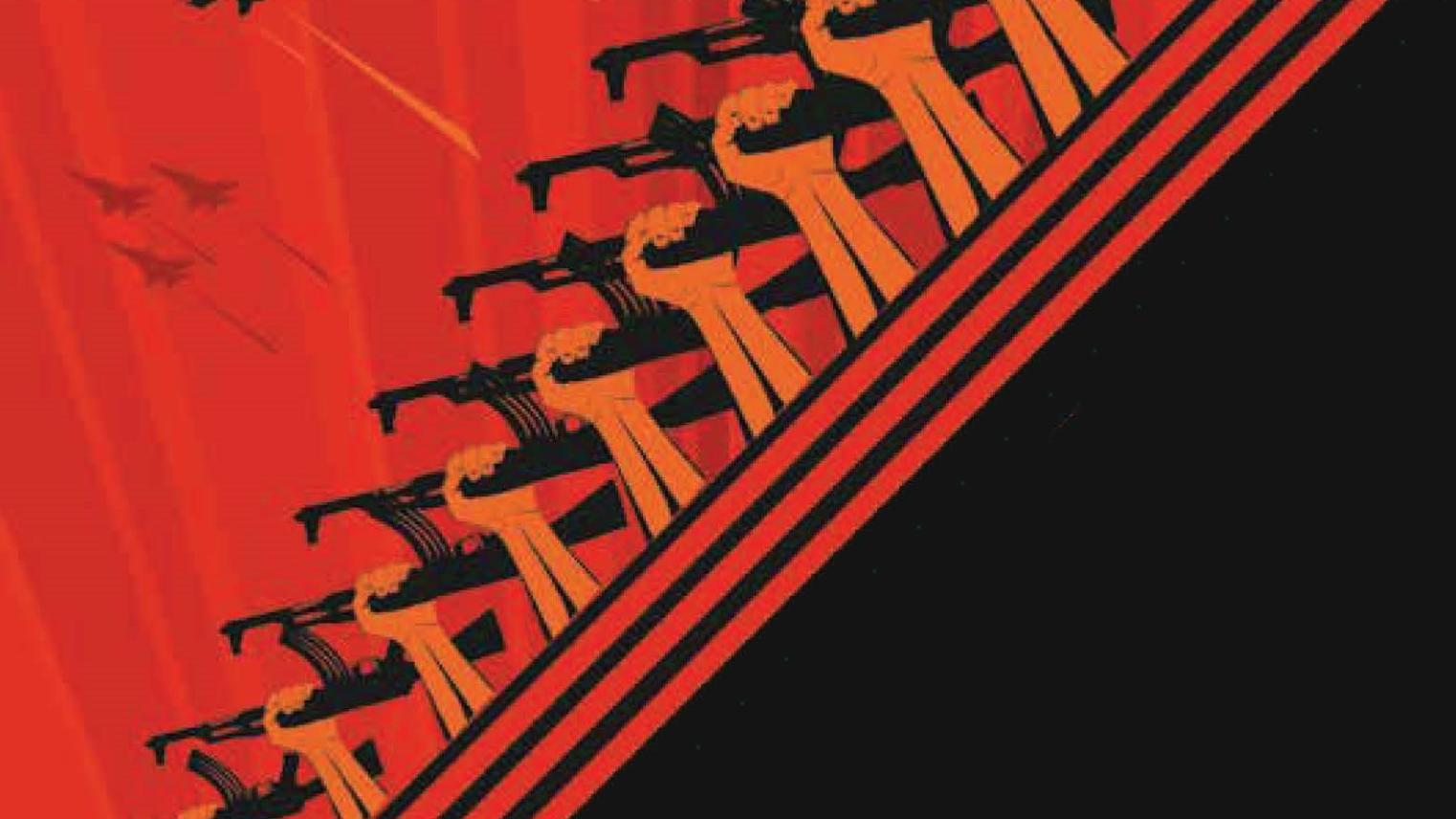December 1 marks the 75th anniversary of Día de la Abolición del Ejército, or Military Abolition Day in Costa Rica. The republic disestablished its armed forces in 1948. The army base was turned into a museum, the defence budget was redirected towards healthcare and education, and it was written into the country’s constitution that “the military as a permanent institution is proscribed”. When asked by reporters to explain his government’s bold move, the president at the time allegedly replied: “Most nations need an army like they need a hole in the head”. Decades later one of his successors justified the decision less cryptically: “It stopped the existence of a separate caste. We do not have this enormous and unproductive military expenditure. And we do not suffer from the temptation to use this power.” This passage gestures towards three distinct lines of argument in favour of military abolition. He will concentrate on the third. Wherever there is a military establishment, there is a danger that its use will not be confined to the prosecution of “just wars” and interventions; these institutions are liable to be misused by the state. In the first half of the paper, the author tries to explain why governments are prone to overuse the military capabilities at their disposal, even when they are morally motivated and fully informed. In the second half of the paper, he considers whether, and the extent to which, this makes military abolition an ethical imperative.
Speaker
Ned Dobos teaches ethics to trainee officers at the Australian Defence Force Academy (UNSW Canberra). He is the author of Ethics, Security, and the War Machine: The True Cost of the Military (Oxford University Press), and Associate Editor of the Journal of Pacifism and Nonviolence (Brill)
If you require accessibility accommodations or a visitor Personal Emergency Evacuation Plan please contact the event organiser.
